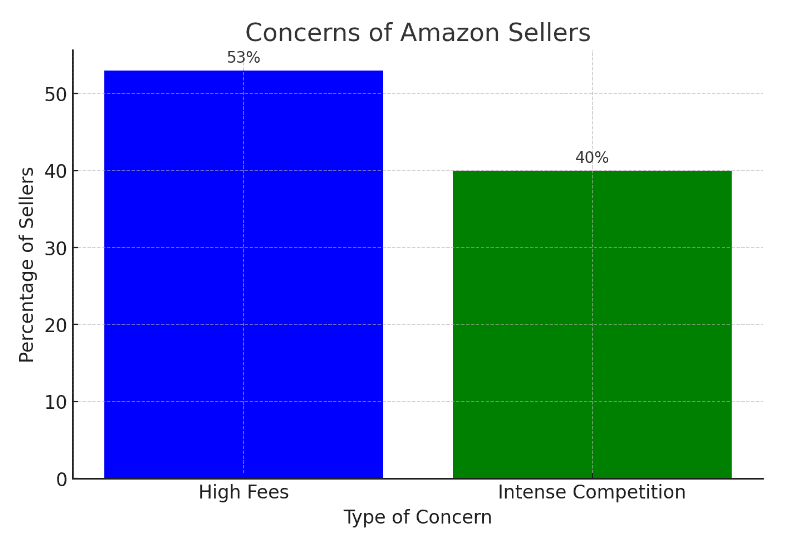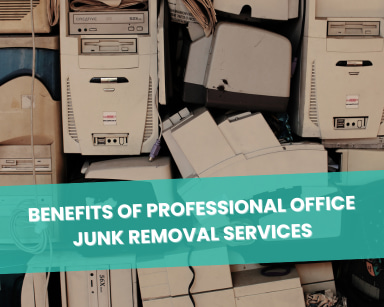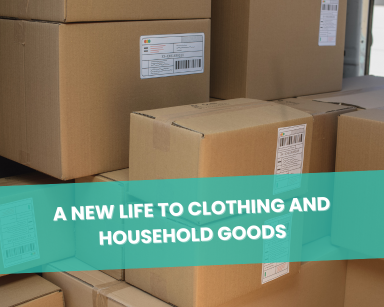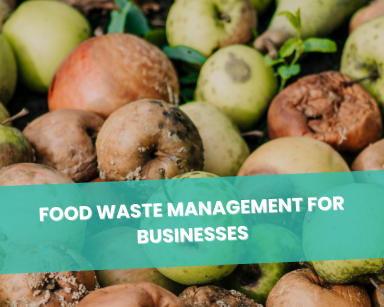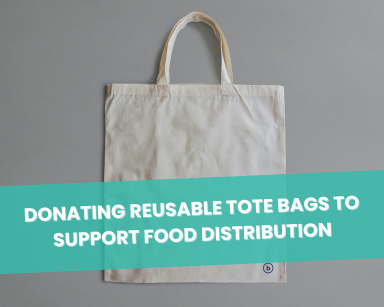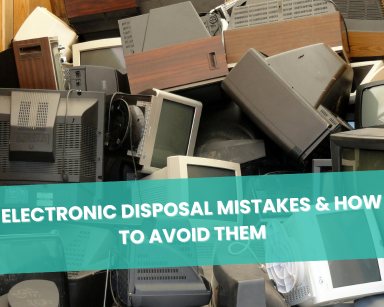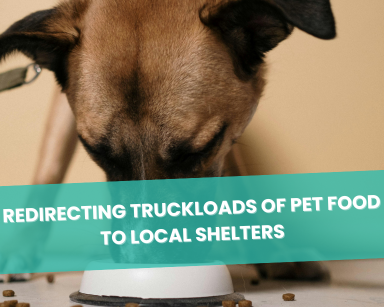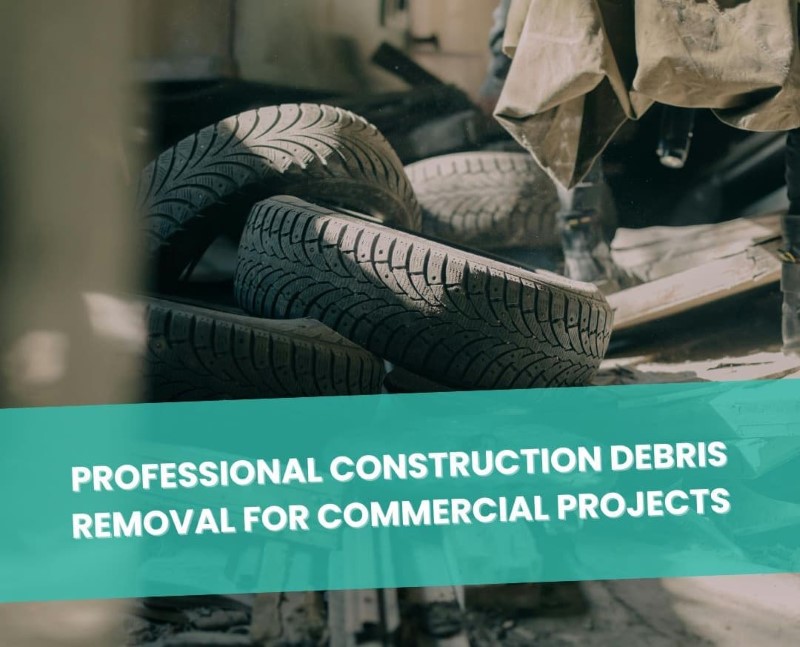What is the Concept of Liquidation? – Beyond the Basics
In winter 2023, a process of inventory liquidation in a small Brooklyn warehouse led to an unexpected boon for a New York City community school. Previously filled with unsold toys, clothes, and electronics, the warehouse embarked on a transformative journey of Beneficial Reuse, becoming a beacon of hope for the struggling community.
The traditional linear economy, as per the Ellen MacArthur Foundation, leads to a yearly loss of $2.5 trillion in material value. Redirecting even a portion of this to communities, schools, and organizations in need could have a significant impact. This is achievable by shifting from the conventional approach of waste to the innovative concept of Beneficial Reuse.
Table of Contents
The Traditional Path of Liquidation
Excess inventory is traditionally liquidated, a process that frequently results in significant loss of potential and value. A report from Forbes highlighted that in the U.S. alone, retailers lose a staggering $50 billion annually due to inefficient liquidation practices. This not only signifies a colossal financial drain but also underscores the environmental and societal impact of such practices.
- Assets and Their Role in Liquidation
Assets, the lifeblood of a company, often become the focal point during liquidation, a process that traditionally has been synonymous with insolvency and a winding-up petition. Selling assets for cash in debt-ridden companies frequently results in dissolution and business closure.
- The Winding-up Dilemma
Winding-up, a legal process that encompasses the selling of assets, paying off creditors, and distributing the remaining assets to proprietors, often becomes a forced path for businesses grappling with insolvency. It’s a route that, while providing a means to address creditor claims, often leaves a residue of lost potential and unfulfilled possibilities.
- Dissolution vs. Business Shutdown
Dissolution legally terminates a company, often leading to liquidation, whereas a business shutdown can be a temporary halt or strategic change, not always permanent closure.
The Pain Points of Traditional Liquidation
Businesses often find themselves ensnared in a web of financial, logistical, and ethical dilemmas. The Reverse Logistics Association reveals that only 48.5% of returned goods are resold at full price, indicating a significant loss in potential revenue and a surge in waste generation.
- Dealing with Insolvency
Insolvency, a state where financial obligations drown in the absence of adequate resources, propels businesses towards liquidation, a path fraught with complexities and a cascade of financial repercussions that extend beyond the immediate horizon.
- The Legal Process Maze
Navigating through the legal intricacies of Inventory liquidation, businesses often find themselves ensnared in a web of regulatory compliance, creditor claims, and a daunting administrative process that extends beyond mere financial implications.
- The Auction Frustration
Auctions often devalue assets, leaving businesses with lost value and missed opportunities.
The Rise of Beneficial Reuse: A Visionary Alternative
Beneficial Reuse emerges as a path that intertwines financial sensibility with environmental and social responsibility. Companies adopting sustainable practices, such as Beneficial Reuse, saw a 4.8% increase in stock value, highlighting the financial benefits of sustainability, according to a Harvard Business Review case study.
- Beyond Traditional Methods
It’s not just as an alternative but as a paradigm shift in how businesses perceive excess inventory. It’s not merely a disposal method; it’s a transformative approach that converts potential waste into avenues of social and environmental impact.
- The Environmental and Social Impact
Envision a scenario where surplus inventory aids society, providing products to communities, minimizing waste, and promoting sustainability and social responsibility.
- Business Sense in Beneficial Reuse
Beneficial Reuse not only cuts waste and supports communities but also aligns with business strategies that reduce financial loss and boost a company’s sustainability and social impact.
The Amazon Inventory Challenge
Navigating through the vast expanse of the Amazon marketplace, sellers often find themselves grappling with the dichotomy of boundless opportunities and daunting challenges. A survey by Feedvisor revealed that 53% of Amazon sellers expressed concern over high fees, while 40% were troubled by the intense competition and inventory management.
- The Pitfalls of a Vast Marketplace
Selling on Amazon involves opportunities and challenges, such as surplus stock management, necessitating effective liquidation strategies.
- Why Traditional Liquidation Fails Amazon Sellers
Traditional auctions and wholesale selling often reduce the true value of products, leading to financial and logistical difficulties for sellers.
Beneficial Reuse: The Sustainable Solution for Amazon Sellers
Beneficial Reuse distinguishes itself in Amazon’s competitive market with its sustainable strategy, resonating with increasing consumer awareness of sustainability.
A Nielsen report highlights that 73% of consumers worldwide are willing to alter their consumption habits to lessen environmental impact.
- Reduction of Waste
Beneficial Reuse promotes waste reduction and sustainability by repurposing products among Amazon sellers.
- Social Contribution
This approach enables Amazon sellers to benefit society by distributing excess inventory to areas of need.
- Aligning with Amazon’s Reputation
Beneficial Reuse boosts a seller’s reputation and societal impact, aligning with Amazon’s focus on innovation and customer-centricity.
How Beneficial Reuse Works
Businesses adopting reuse and recycling reduce waste management costs by up to 50% and enhance brand image and customer loyalty, according to Waste360. This demonstrates the simplicity, efficiency, and positive social impact of Beneficial Reuse.
- The Streamlined Process
Beneficial Reuse simplifies repurposing products, integrating smoothly with a business’s financial and logistical processes.
- The Financial and Environmental Benefits
Beneficial Reuse provides financial and tax benefits, while showcasing a company’s commitment to environmental and social responsibility.
Happen Ventures’ Solution
Happen Ventures offers a transformative alternative to traditional Inventory liquidation – Beneficial Reuse. Instead of viewing excess inventory as a liability, Happen Ventures sees it as an opportunity for positive societal impact.
- Sustainability at the Forefront
Happen Ventures’ Beneficial Reuse program champions the ideology of sustainability. By redirecting excess inventory to communities in need, businesses not only minimize waste but also contribute to a global effort of sustainability.
- Economic Sensibility
With Happen Ventures, businesses can claim tax benefits up to the Fair Market Value of their merchandise. This approach not only ensures financial prudence but also allows companies to generate higher value for their inventory.
- Community Connection
The essence of Beneficial Reuse lies in its ability to forge connections. Donated items serve communities, transforming surplus into meaningful support. It’s not just about managing inventory, it’s about making a difference.
- Operational Efficiency
Happen Ventures promises a swift and seamless process. With rapid pickups and a streamlined process, businesses can reduce storage costs and operational complexities.
The Bottom Line
Beneficial reuse transforms the approach to excess inventory, turning it into opportunities for positive societal and environmental impact. This approach provides a sustainable, community-centric alternative to conventional Inventory liquidation, benefiting businesses, communities, and the environment now and in the future.

